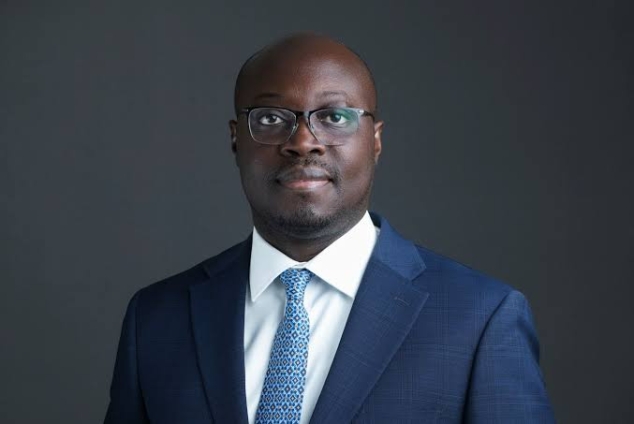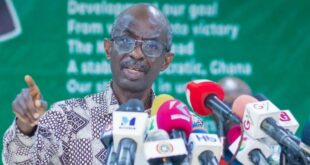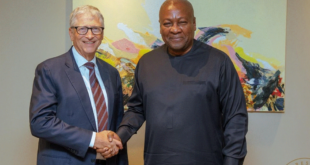
Ghana has received a significant boost in investor confidence after Fitch Ratings upgraded the country’s Long-Term Foreign-Currency Issuer Default Rating (IDR) from ‘Restricted Default’ (RD) to ‘B-’, assigning a Stable Outlook. The upgrade comes on the back of Ghana’s steady progress in restructuring its external debt and restoring macroeconomic stability.
Fitch’s statement, released on June 16, 2025, highlighted the government’s successful restructuring of $13.1 billion in Eurobond debt and the ratification of a $5.1 billion bilateral debt deal earlier this year. With only $2.6 billion of unresolved external debt remaining, Fitch considers the risk of holdouts low and expects full restructuring to conclude by the end of 2025.
Despite increased spending during the 2024 election year, the government is targeting a 1.5% primary surplus in 2025. Fitch, however, projects a 0.5% surplus in 2025 and 0.9% in 2026, driven by fiscal consolidation and reduced expenditure.
Key indicators are showing positive trends:
Foreign exchange reserves have climbed to \$6.8 billion and are expected to grow further, improving Ghana’s ability to meet external debt obligations.
Public debt is forecast to decline to 60% of GDP by 2026, from 93% in 2022.
Inflation is projected to drop from 23% in 2024 to 15% in 2025 and 10% in 2026, supported by a strong cedi, tight monetary policy, and declining food and fuel prices.
GDP growth remains resilient at 5.7% in 2024, with 2025 and 2026 projected at 4% and 4.5%, respectively.
Fitch also assigned Ghana an ESG Relevance Score of 5 for political stability, rule of law, and institutional quality. While the country benefits from a strong history of peaceful transitions, persistent governance and corruption issues continue to weigh on its credit profile.
Though Fitch warns of potential risks such as liquidity pressure or delayed reforms, Ghana’s improved rating restores some credibility in the global financial markets and could pave the way for lower borrowing costs in future engagements. The rating also brings the country back within reach of international investors, even if still categorized as speculative.
 GhArticles.com Every News in Detail
GhArticles.com Every News in Detail



